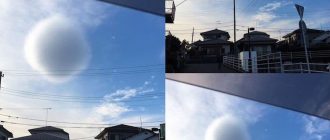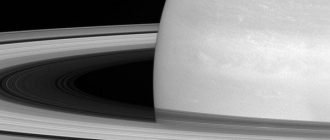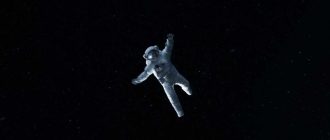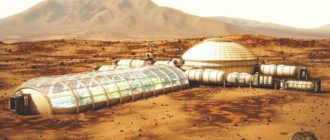

Two particularly persistent bacteria species have colonized a drinking water dispenser aboard the International Space Station (ISS), but new research shows they are no more dangerous than closely related strains on Earth.
Aubrey O'Rourke of the J. Craig Venter Institute and colleagues report these findings in a new article published February 19, 2020 in the PLOS ONE open access journal.
Soon after the National Aeronautics and Space Administration (NASA) installed a water dispenser aboard the ISS in 2009, periodic sampling showed that two bacteria, Burkholderia cepacia and later Burkholderia contaminants, were contaminating drinking water.
These microbes belong to a group of related Burkholderia species that cause opportunistic lung infections in people with underlying medical conditions and are very difficult to kill using conventional sterilization methods. Bacteria are retained in the water dispenser despite periodic flushing with a highly concentrated iodine solution for cleaning.
To find out more about these bacteria, the researchers sequenced the genomes of 24 strains collected from 2010 to 2014. All strains of B. cepacia and B. contaminans were very similar and probably descended from the original populations of the two bacteria that were present in the water distributor when it left Earth.
The researchers concluded that the two types of bacteria that live in the dispenser are no more dangerous than similar strains that can be found on Earth. In the event of an infection, the bacteria can still be treated with conventional antibiotics.
Sources: Photo: CC0, NASA






